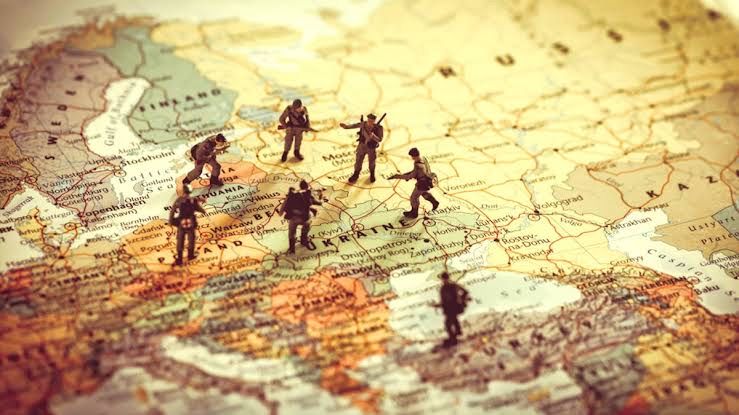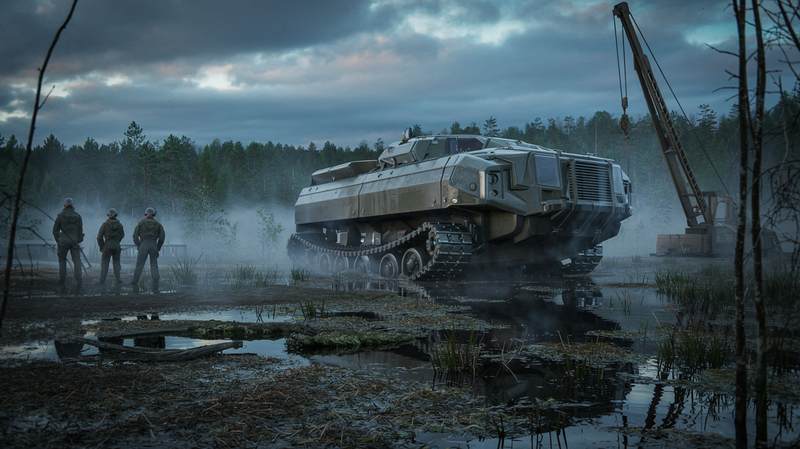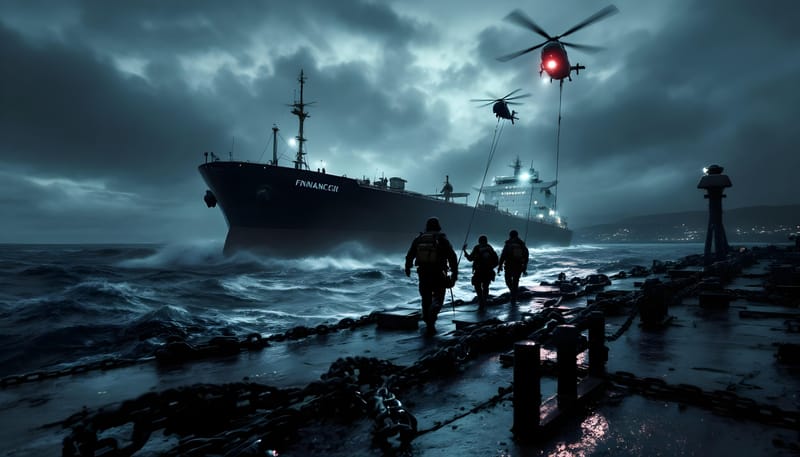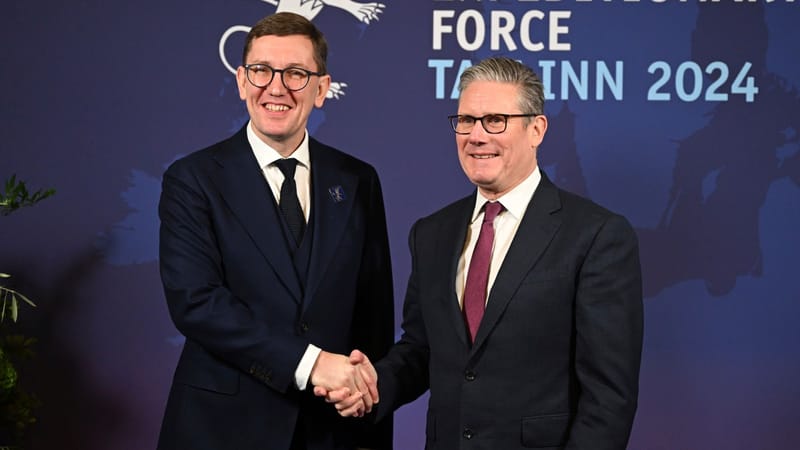Tensions Rise as Russia and NATO Play a Game of Military Brinkmanship in the Baltics
How Russia has Responded to NATO's Increased Presence in the Baltics, and the Broader Implications for Relations between Russia and the West Since the 2014 Ukrainian crisis and annexation of Crimea, NATO has increased its presence in the Baltics, which has been met with a strong reaction from

How Russia has Responded to NATO's Increased Presence in the Baltics, and the Broader Implications for Relations between Russia and the West
Since the 2014 Ukrainian crisis and annexation of Crimea, NATO has increased its presence in the Baltics, which has been met with a strong reaction from Russia. The increased NATO presence in the region has caused tensions between Russia and the West to escalate, leading to a series of military maneuvers and diplomatic standoffs.
Russia has repeatedly expressed its concern over NATO's increasing military activity in the region. Moscow views NATO's presence in the Baltics as a direct threat to its national security and has responded by beefing up its own military presence along its borders. In 2016, Russia deployed a new missile system in Kaliningrad, a Russian enclave that borders Lithuania and Poland. The move was seen as a clear message to NATO that Russia is ready to respond to any military threat.
In response to Russia's actions, NATO has also increased its military presence in the region, with rotating battalions deployed in Estonia, Latvia, Lithuania, and Poland. NATO has emphasized that its military activities in the region are defensive in nature, aimed at deterring aggression and ensuring the security of its member states. However, Russia has viewed NATO's activities as provocative and aggressive, further straining already tense relations between Russia and the West.
The situation has been further complicated by the ongoing conflict in Ukraine, where Russia has been accused of supporting separatist rebels in the Donbass region. The conflict has led to increased tensions between Russia and the West, with the US and EU imposing economic sanctions on Russia. Russia has responded by taking steps to reduce its reliance on Western imports and developing closer ties with China and other non-Western countries.
The implications of the increased NATO presence in the Baltics for relations between Russia and the West are significant. The situation has led to a dangerous game of military brinkmanship, with both sides engaging in provocative military maneuvers and threatening rhetoric. The situation also highlights the broader geopolitical tensions between Russia and the West, with the two sides increasingly viewing each other as adversaries rather than partners.
In conclusion, the increased NATO presence in the Baltics has caused tensions between Russia and the West to escalate, with both sides engaging in military maneuvers and diplomatic standoffs. The situation has highlighted the broader geopolitical tensions between Russia and the West and has significant implications for the future of relations between the two sides.




